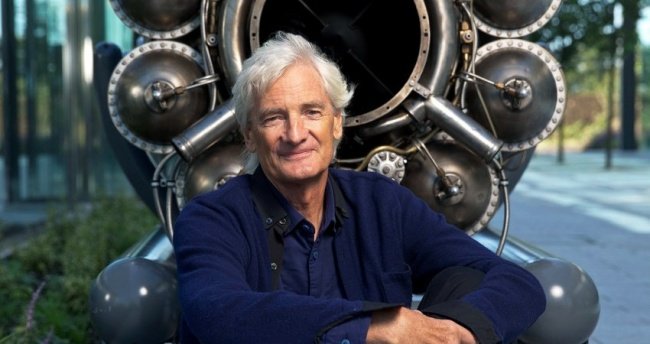
Heathcliff O Malley Dyson Invests US$2.67B In Electric Vehicles
Dyson Invests US$2.67B In Electric Vehicles
Malmesbury, United Kingdom: James Dyson, founder of Dyson—manufacturer of household appliances that use air-based technology—has announced that he will be investing £1 billion (US$1.33 billion) to develop premium Electric Vehicles as well as an equal amount of investment on solid-state battery development.
In an email to his staff, Mr Dyson wrote that the company has been working on building battery-powered electric vehicles with a team of 400 people. The company, known for its vacuum cleaners using cyclonic technology (removing particulates from an airstream without the use of filters), plans to launch its electric cars to the public by 2020.
“We finally have the opportunity to bring all our technologies electric vehicles together into a single product. Rather than filtering emissions at the exhaust pipe, today we have the ability to solve it at the source,” wrote Mr Dyson.
Mr Dyson bought a startup US$90 million in 2015 called Sakti3, which claimed to produce batteries with twice the energy storage potential of standard lithium-ion models at a half to a third of the cost, but these were disputed by other battery researchers. Battery development is key to the company’s electric vehicles automotive endeavour, and the company currently has two competing solid-state battery development groups working on new battery technology.
There are already 400 engineers working on the electric vehicle project, which has been worked on in secret for the past two and a half years. The founder said the company has decided to go public on their automotive project now as secrecy around the project was constraining its ability to carry out deals with auto parts suppliers for the new car and is also hampering recruiting.
The company expects to manufacture majority of the car parts in-house with the exception of components like tires, for which it will turn to traditional suppliers.
The company’s new research and development facility will be at a former Royal Air Force base about eight km from its headquarters in Malmesbury, England, whereas battery and car manufacturing facilities will likely be in Asia.
APMEN News, Oct 2017
CHECK OUT THESE OTHER ARTICLES
● Dyson Terminates Electric Car Project In Singapore
● Enterprise Artificial Intelligence Revenue Will Reach $107.3 Billion Worldwide By 2025
● Sandvik President And CEO Bjorn Rosengren To Resign, Join ABB
● Mitsubishi To Export Philippines Manufactured Units To ASEAN
● Mitsubishi Electric To Fully Acquire ICONICS
● Chinese Scientists To Advance Liquid Robot Technology
● Toyota To Open New Vehicle Plant in Myanmar
● Trumpf Acquires Laser Diode Division of Philips
● Germans Already Going With Asian Batteries
● In The Driver’s Seat: Blockchain Technology
WANT MORE INSIDER NEWS? SUBSCRIBE TO OUR DIGITAL MAGAZINE NOW!
FOLLOW US ON: LinkedIn, Facebook, Twitter
